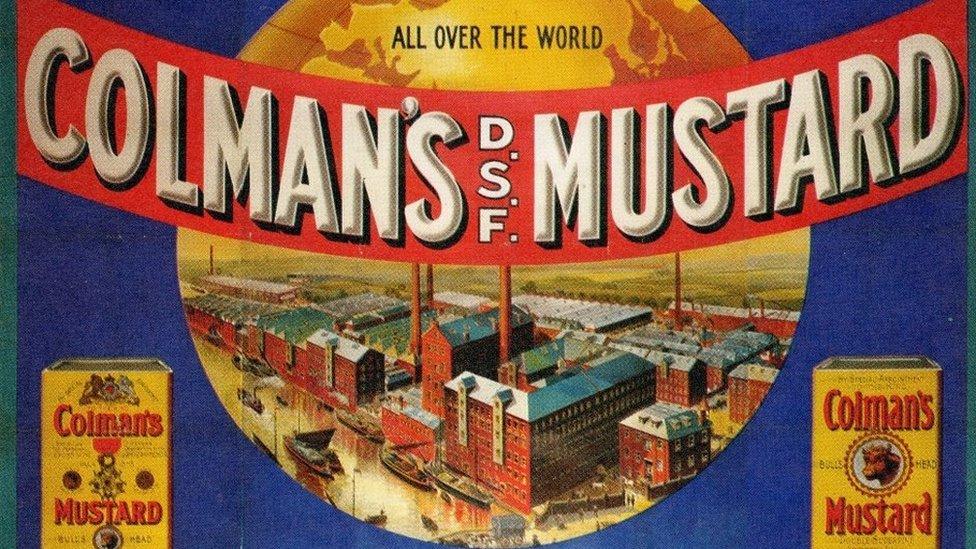Norwich conservatory linked to Colman's mustard family given listed status
- Published
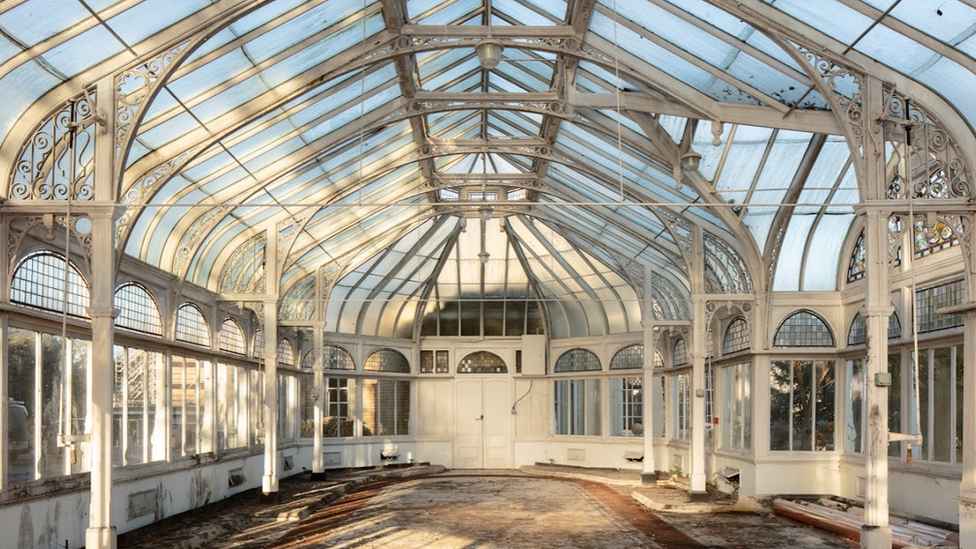
The conservatory at Carrow House in Norwich, which becomes Grade II* listed
A conservatory linked to the mustard makers Colman's is among a number of new sites to be granted listed status.
Once owned by the Colman family, the ornate conservatory, built in 1895 at Carrow House in Norwich, has been listed as Grade II*.
Historic England advises the government on which sites are awarded listed building status.
Historic England said the buildings evoked "a local industry that became a globally-recognised brand".
One of the world's oldest condiment milling producers, J and J Colman Ltd operated from the Carrow Works site in East Norwich for 160 years.
The family rebuilt Carrow House in the 1860s. The Victorian villa in King Street became Grade II listed in 1986 - and until recently was used for county council business, including the coroners' office.
New information has now been added to the existing list entry, including two iron gates and a circular stone pond, created in the gardens in 1908.
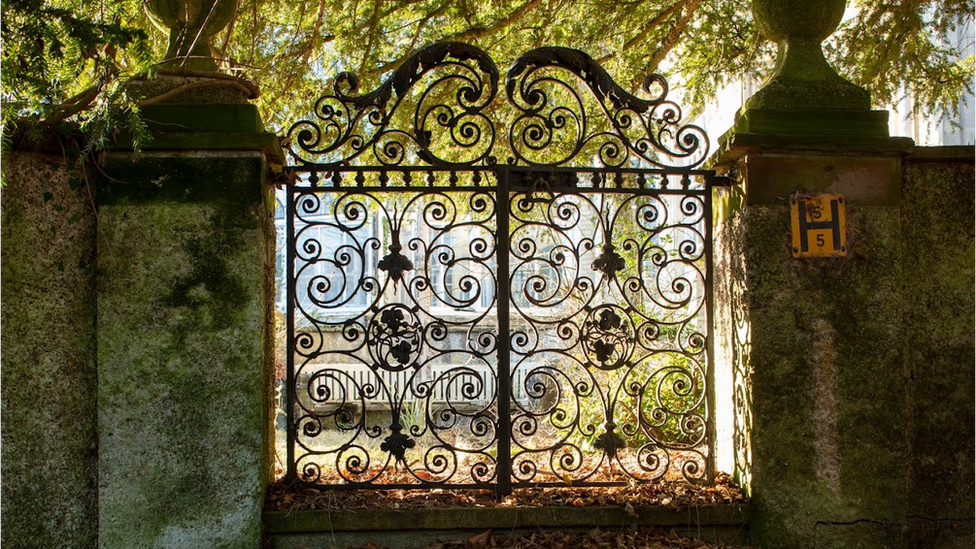
The iron gates in the grounds of Carrow House have been added to the building's existing Grade II listing
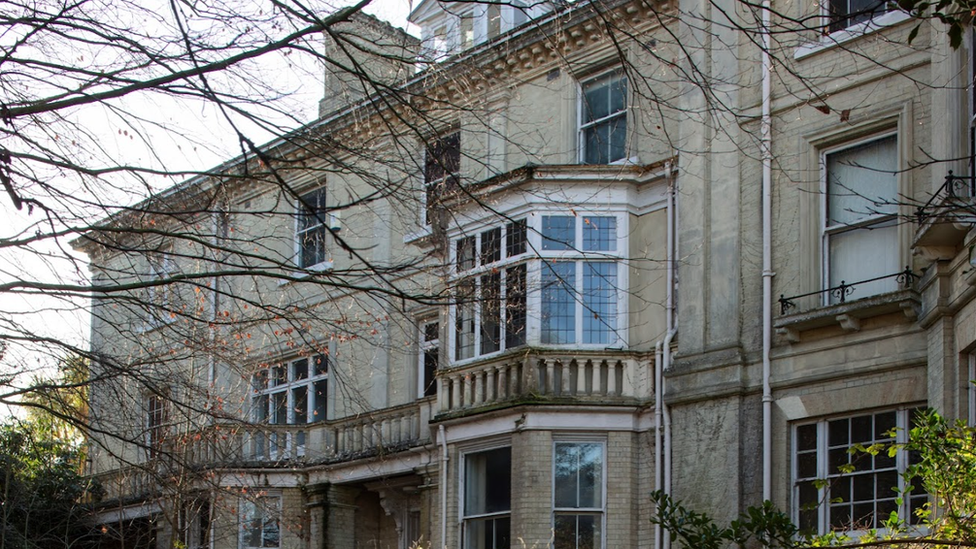
Carrow House belonged to the Colman family and was rebuilt in the 1860s
The adjoining conservatory was built in 1895 by the Norwich-based manufacturing company Boulton and Paul, and was illustrated in their promotional catalogue of the time.
It is well-preserved and retains its original ventilation and heating equipment.
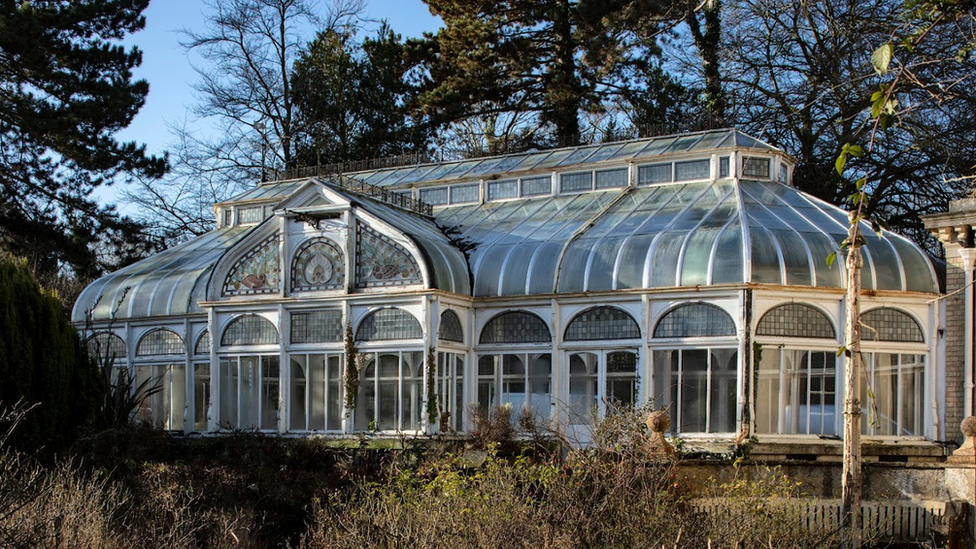
The conservatory at Carrow House is newly-listed and retains its original 1895 features
Also newly-listed at Grade II is the old railway station at Trowse, near Norwich, the city's first railway terminus of the Norwich and Brandon line.
The connection of the line with the Eastern Counties Railway Line in 1845 allowed Great Yarmouth and Norwich to be connected to London by rail for the first time.
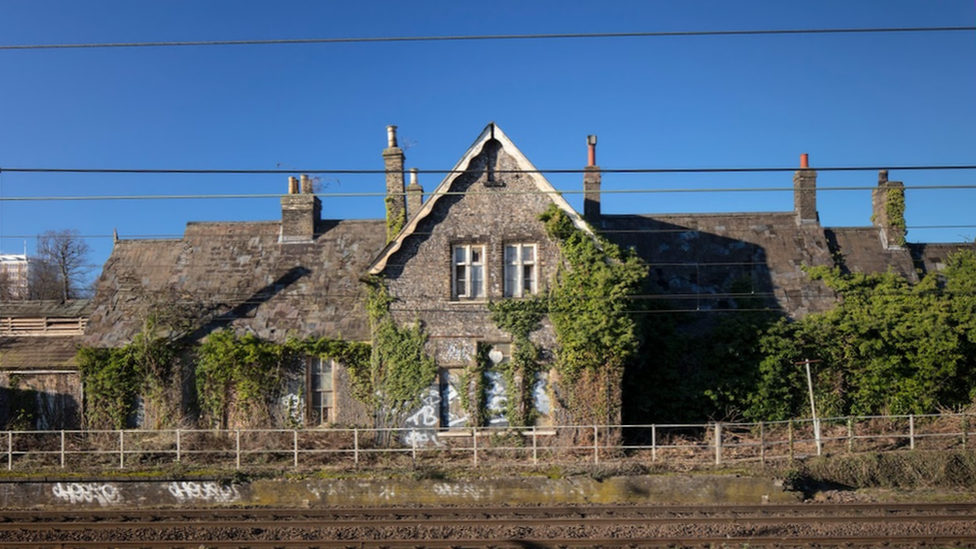
Trowse Railway Station, Bracondale, Norwich, becomes Grade II listed
Two engine houses - dating from the late 19th and early 20th Century - at Trowse sewage pumping station also become Grade II listed.
The sewage works was built in around 1869 by Norwich Corporation to improve poor social conditions caused by the rapid industrialisation of Norwich in the 19th century.
According to Historic England, the engine houses are a rare combination from two technological generations on one site.
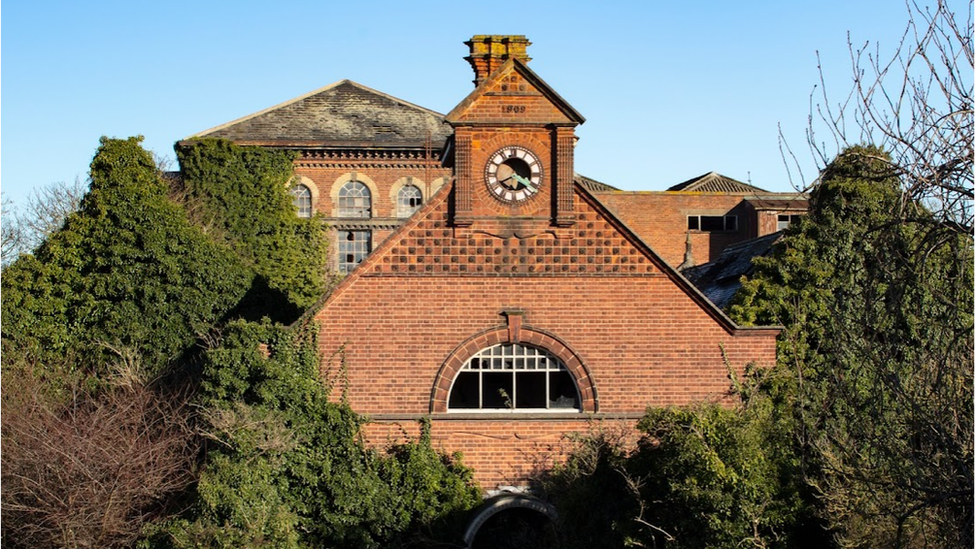
The 1909 engine house at Trowse was built in a Free Renaissance style - usually reserved for important civic buildings such as town halls and museums
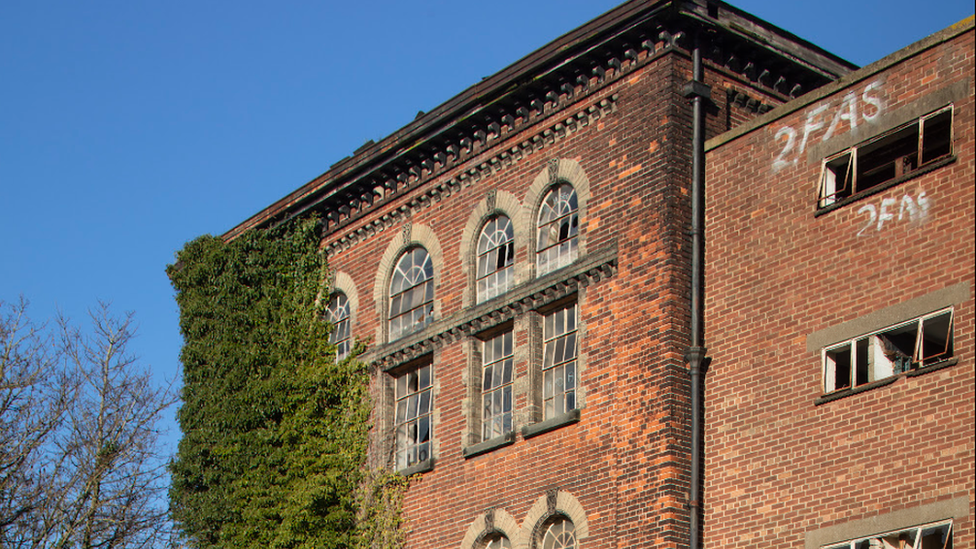
The 19th Century engine house still stands
The review of heritage sites in east Norwich was carried out by Historic England, at the request of Norwich City Council.
The authority is currently working on a masterplan - known as the Norwich 2040 City Vision, external - to transform and regenerate the industrial area to the east of Norwich, creating a new city quarter.
Caroline Skinner, listing team leader at Historic England said: "I'm delighted that we've had the opportunity to explore and assess these remarkable heritage sites in East Norwich and to ensure the protection of this area's very special industrial heritage.
"These fascinating buildings can continue to tell an important story of a local industry that became a globally-recognised brand, and the societal changes that took place in the town at this time."
Mike Stonard, Norwich City Council's cabinet member for inclusive and sustainable growth, said the review "has shown just how important this area of the city is to Norwich's rich heritage".
"This should help us to create a genuinely unique, highly distinctive and sustainable quarter of Norwich," he said.

Find BBC News: East of England on Facebook, external, Instagram, external and Twitter, external. If you have a story suggestion email eastofenglandnews@bbc.co.uk, external
Related topics
- Published4 November 2021
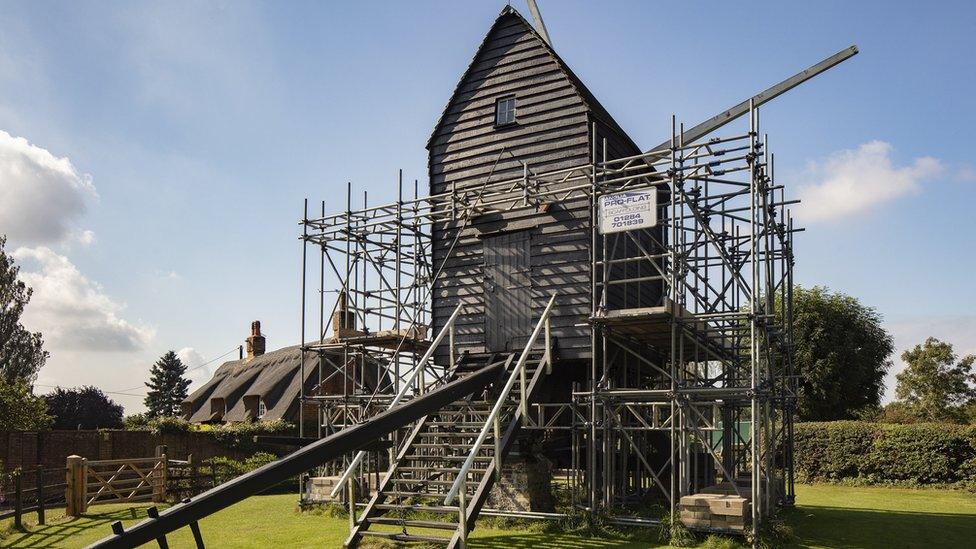
- Published14 April 2021
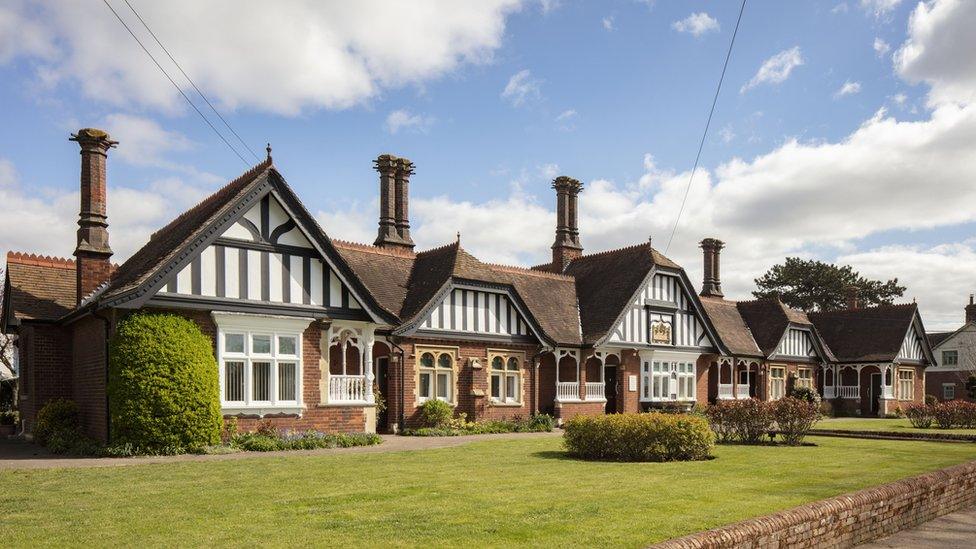
- Published22 May 2020
